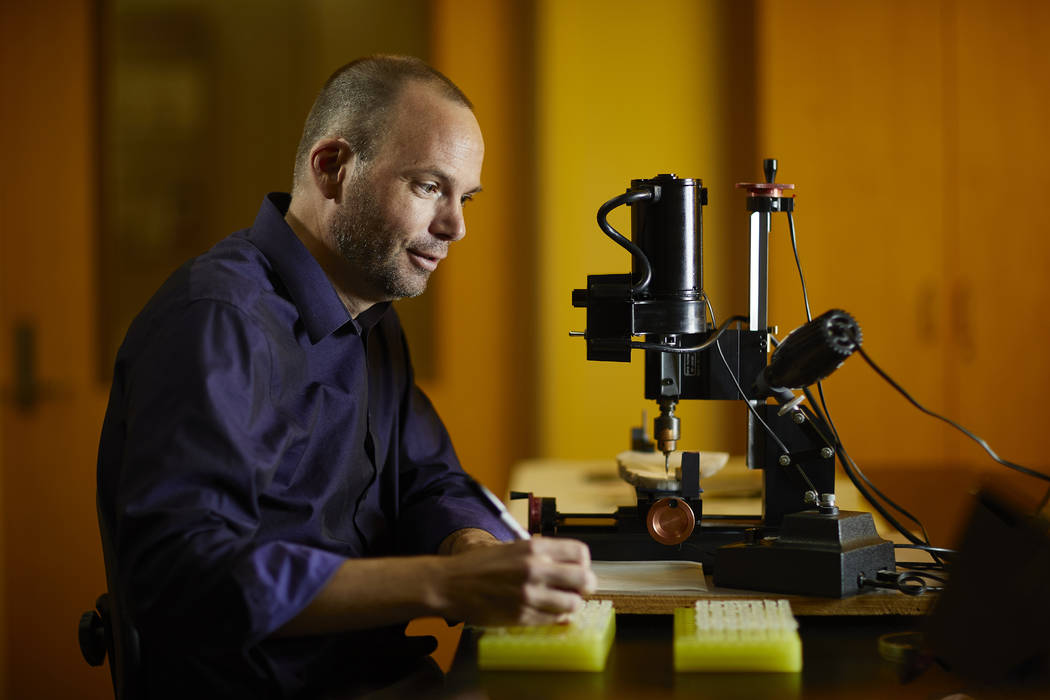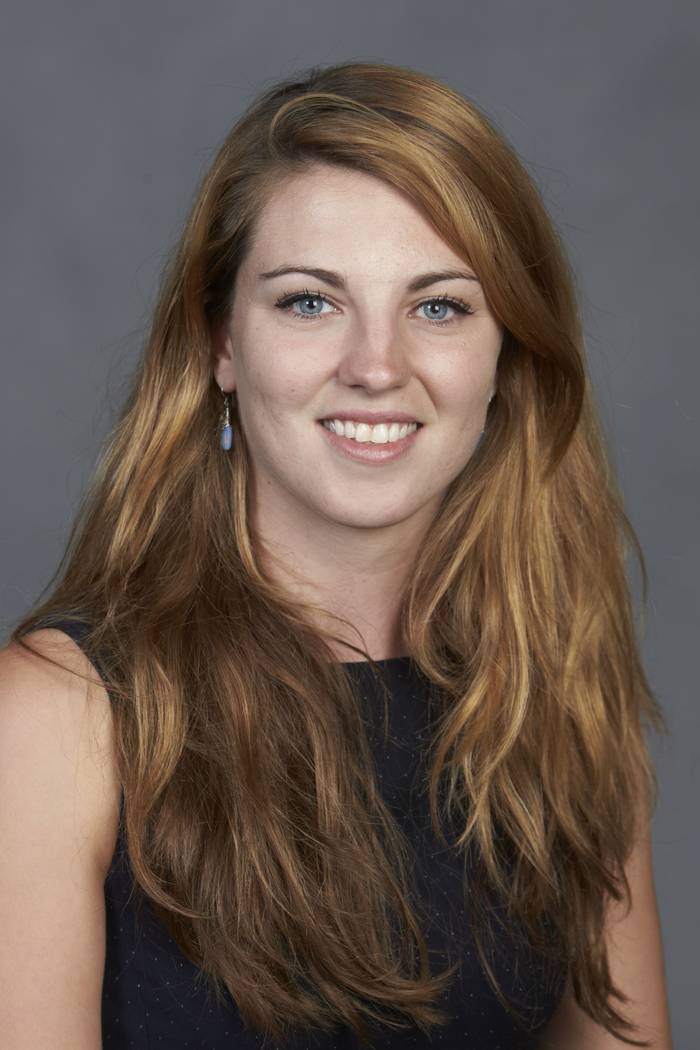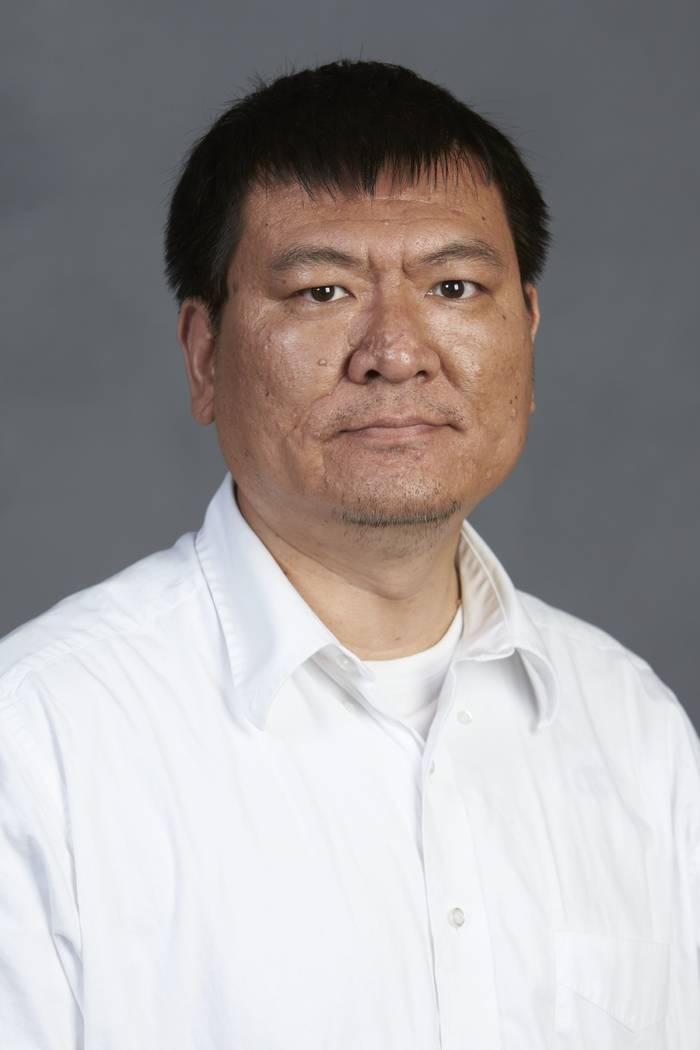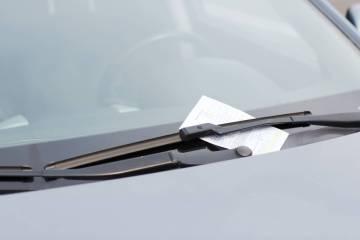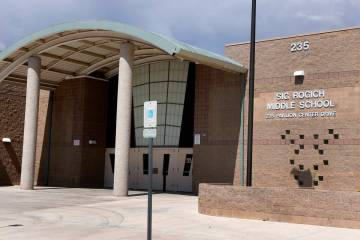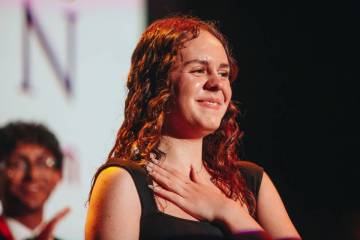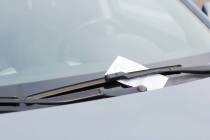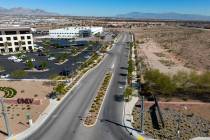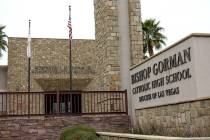UNLV gets $700K grant for cutting-edge time measurement device
UNLV researchers have been awarded a $700,000 grant to bring a new technology to campus that will enable researchers to study stalagmites in Nevada’s Great Basin National Park, volcanoes in Hawaii and even rocks from Mars.
Known as a “multicollector inductively coupled plasma mass spectrometer,” the Volkswagen van-sized device measures concentrations of isotopes to offer more precise measures of time than previously possible. UNLV’s will be the first of its kind in Nevada and one of only 20 to 30 in the nation.
If the device were a scale, it would weigh items to one-millionth of a pound, rather than the nearest pound according to Matt Lachniet, a professor of geology and a co-writer of the National Science Foundation grant.
Lachniet said he intends to use the device in his research into caves in the Great Basin park, where he studies stalagmite specimens to chart climate change patterns, with particular emphasis on the last 1,000 years that humans have moved through the area.
“Preliminary data shows periods in the past where Nevada was even drier and hotter than it is today,” Lachniet said. “So we know nature could swing in that direction again, and we know in our current situation, humans are pushing the system that way.”
Nearly a dozen other researchers at UNLV will also use the multicollector, including head grant writer Shichun Huang, who studies the chemical compositions of oceanic islands like Hawaii; and planetary science professor Arya Udry, who studies rare Martian meteorites.
Udry has won an additional $200,000 grant from NASA to attach a type of laser beam to the multicollector to zap rocks and then study the resulting aerosols.
Most of the other devices in the U.S. are at other top-tier research universities, Lachniet said. UNLV professors have previously had to travel cross-country to conduct their research.
Both graduate and undergraduate students at UNLV will have a chance to train on the multicollector in order to better prepare for future careers as chemical analysts.
“It’s real-life, hands-on experience that extends outside the classroom,” Lachniet said. “It makes our students more competitive when they’re applying to graduate school or in their careers in the future.”
Contact Aleksandra Appleton at aappleton@reviewjournal.com or 702-383-0218. Follow @aleksappleton on Twitter.



